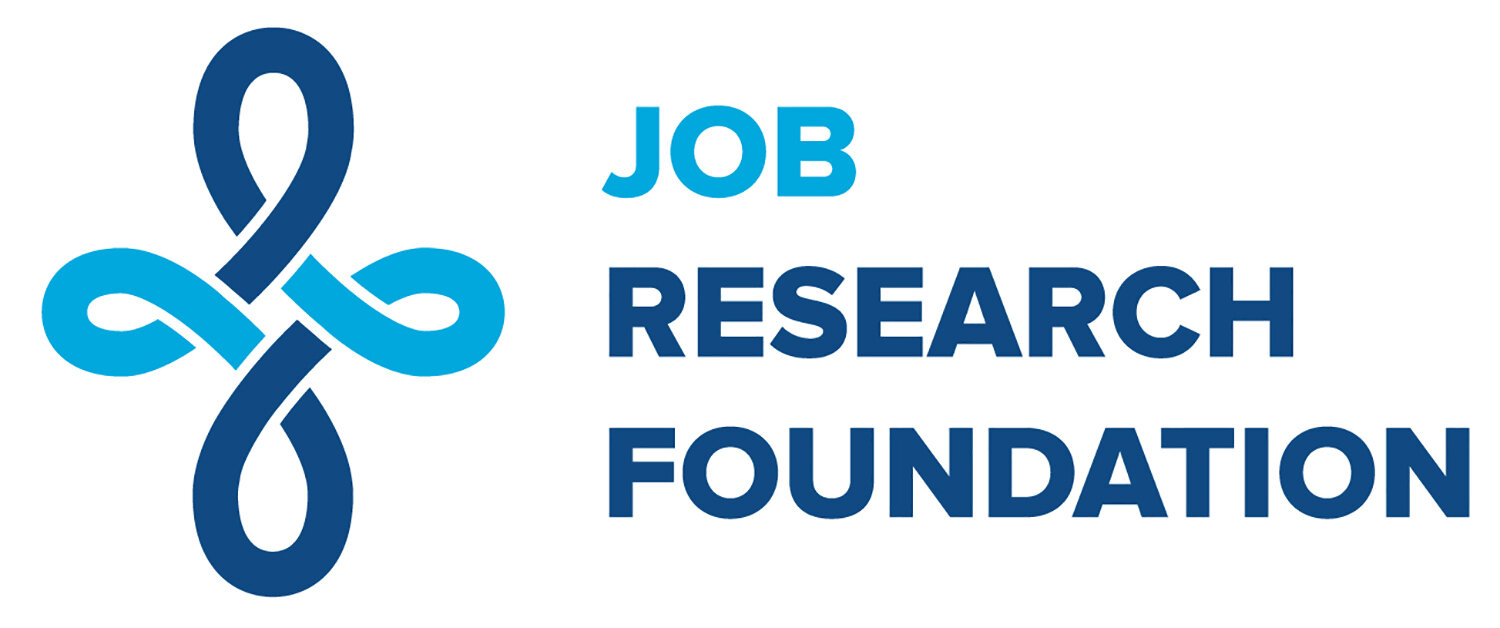Job Syndrome, also known as Autosomal Dominant Hyperimmunoglobulin E Syndrome (AD-HIES), is a rare multisystem immunodeficiency disorder that is found in both males and females across the world. Dominant genetic disorders occur when one copy of an abnormal gene is present. It can be inherited from either parent or the result of a new genetic mutation, in this case, a mutation of the STAT3 gene, which is encoded on chromosome 17q21.
The most common mutations reported in people with this disease, which was first discovered in 1966 in two red-haired girls, are dominant-negative missense mutations in the Src homology 2 (SH2) and DNA-binding domain (DBD) regions of STAT3.
Because patients who have this rare disease often acquire recurrent staphylococcal abscesses, often appearing cold rather than the reddened, inflamed condition of regular abscesses, scientists gave it the name “Job Syndrome.” The initial reference to the condition comes from the story of the biblical character Job, who Satan struck with loathsome boils.
Patients who exhibit the characteristics of Job Syndrome have partial STAT3 deficiency that is responsible for the body’s many cellular functions, including cell growth and division, cell movement and the self-destruction of cells.
The term Hyperimmunoglobulin E, Recurrent Infection Syndrome (HIES) is often mentioned in medical research materials because of its association with an increase in the serum levels of the antibody immunoglobulin E (IgE). In the case of patients with Job Syndrome, the anti-body is present at a level greater than 2,000 IU/ml.
In a normal functioning immune system, STAT3 plays an important role in the development and function of several body systems, including bone development. It transmits signals that help the body’s system cells mature, especially T cells and B cells, which help control its response to foreign invaders like bacteria and fungi. It is also involved in the regulation of inflammation within the body.
STAT3 is important to the process of cellular differentiation, turning the body’s naïve T cells into Th17 cells, which help it respond to fungal and bacterial infections.
In patients with Job Syndrome, defects in the Janus-active Kinase-signal transducer and activator of transcription signaling (JAK-STAT) ultimately leads to impaired T helper cell type 17 differentiation and function. In other words, the Th17 cells in patients with Job Syndrome are significantly reduced. That explains the multisystem defects that are common to this disorder.

